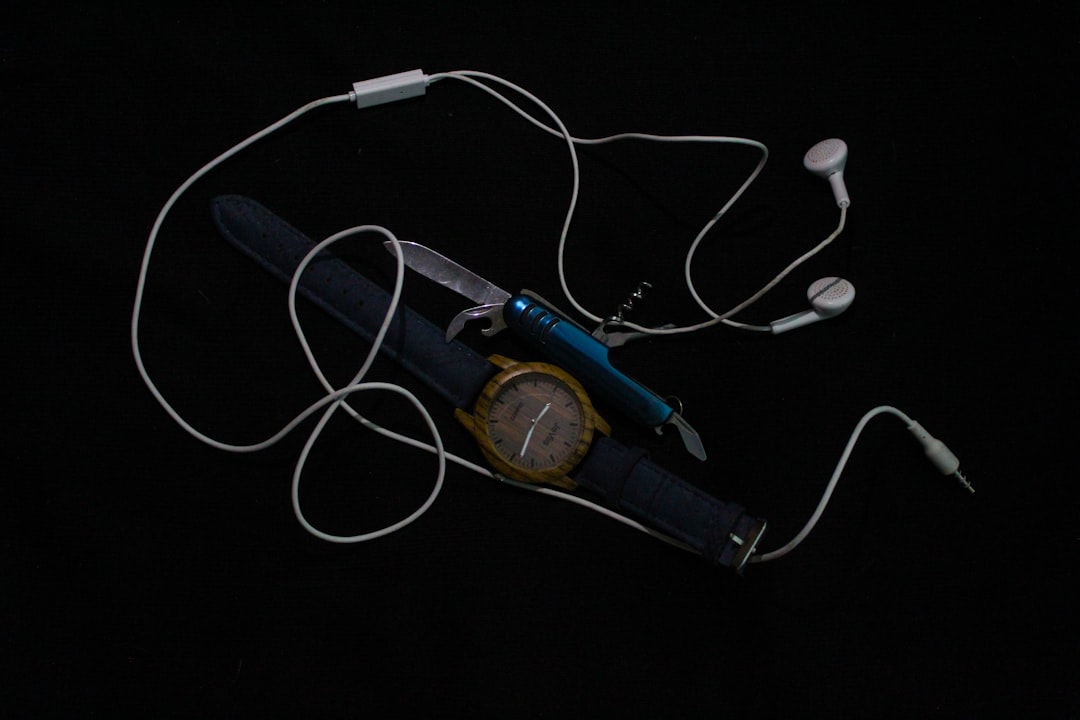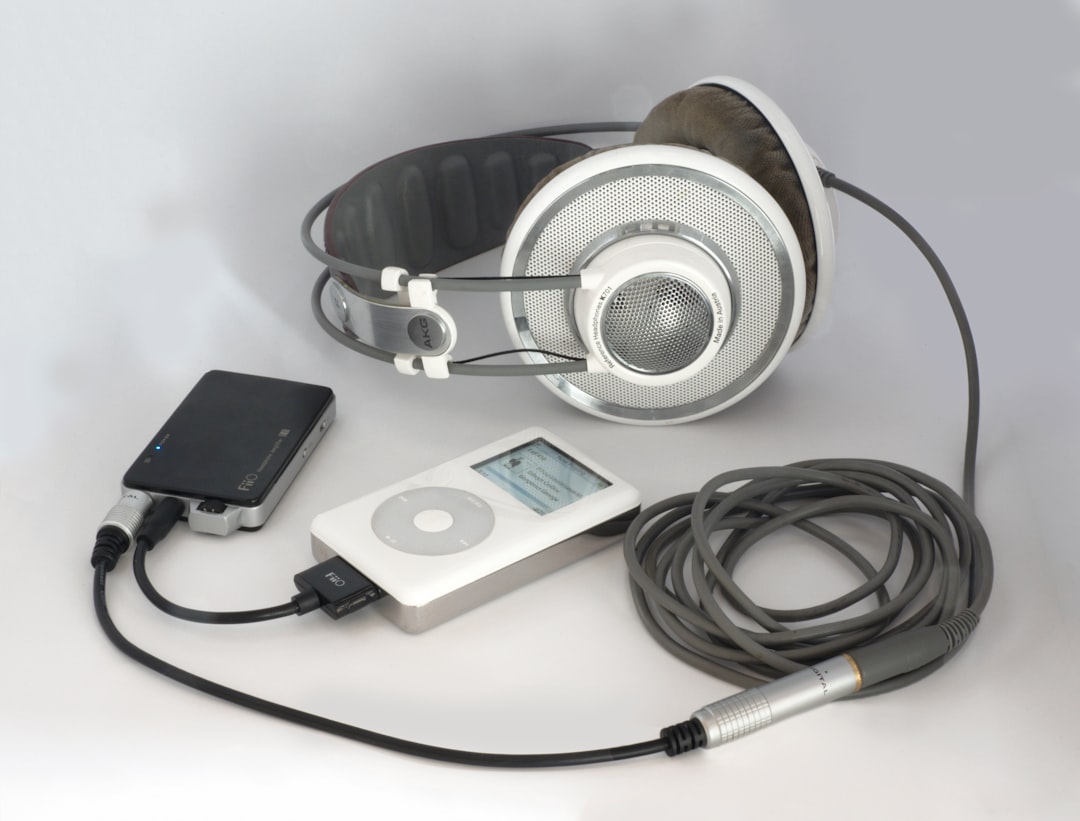As technology continues to advance, many modern smartphones and tablets have ditched the traditional 3.5mm headphone jack. While this design choice offers benefits such as thinner devices and water resistance, it has created inconvenience for users who rely on wired headphones or headsets. Fortunately, headphone jack adapters have stepped in to bridge the gap. These small but essential accessories help maintain compatibility, but not all adapters are created equal. Selecting a reliable adapter can be the difference between crystal-clear audio and infuriating dropouts—or worse, complete incompatibility.
TL;DR
With the decline of physical headphone jacks on smartphones and other devices, dependable headphone jack adapters have become essential. It’s crucial to choose adapters known for durability, sound quality, and compatibility with your device. Many cheap options fail to deliver consistent performance. Trusted adapters from brands like Apple, Anker, and Belkin are generally your safest bet.
Why Headphone Jack Adapters Still Matter
Although wireless audio is more popular than ever, many people still value the simplicity, reliability, and consistent sound quality of wired headphones. Audiophiles, content creators, and professionals often rely on wired setups for minimal latency and high fidelity. But without a headphone jack, users must turn to adapters to connect their equipment.
A high-quality headphone jack adapter should do the following:
- Maintain audio integrity without introducing distortion or lag
- Be physically durable, standing up to everyday wear and tear
- Support a wide range of headphones and microphones, if applicable
- Deliver full functionality when it comes to in-line microphone and remote controls
Common Adapter Types and Their Use-Cases
There are several kinds of headphone jack adapters, each tailored for different devices. The most common types include:
1. USB-C to 3.5mm Adapters
These are used by many Android devices, laptops, and tablets. Since USB-C is a versatile and widely adopted port, having a good USB-C to headphone jack adapter is increasingly vital. These adapters often include an internal digital-to-analog converter (DAC), which can significantly influence audio quality.
2. Lightning to 3.5mm Adapters
For Apple users, Lightning adapters remain a necessity. The official version from Apple is well designed, though various third-party options exist. It’s crucial to choose certified adapters since non-compliant ones can result in compatibility issues or even damage your devices.
3. Multi-function Splitters
Some adapters go beyond simple audio transmission by providing headphone jacks alongside charging ports. For example, “2-in-1” or “3-in-1” adapters let you listen to music and charge your device simultaneously. These are popular for travel or work scenarios where ports are limited.

Top Headphone Jack Adapters That Work—Really Work
Given the sheer number of options on the market, it’s easy to get overwhelmed. Fortunately, some adapters have stood out for their performance, build quality, and user satisfaction. Below is a trustworthy selection of headphone jack adapters that actually work according to real-world tests and expert reviews.
1. Apple Lightning to 3.5mm Headphone Jack Adapter
Compatibility: iPhones and iPads with a Lightning port
Why It Works: This official Apple product offers seamless compatibility and high-quality audio at a modest price. It maintains support for in-line controls and microphones. It’s compact, lightweight, and regularly updated to mesh with new iOS versions.
2. Anker USB-C to 3.5mm Audio Adapter
Compatibility: Android smartphones, tablets, laptops with USB-C
Why It Works: Anker is known for high-quality accessories, and their USB-C audio adapter is no exception. It includes a built-in DAC and supports sampling rates up to 96kHz. More importantly, it retains compatibility with most headphones, including those that feature a mic or control buttons.
3. Belkin Rockstar Lightning Audio + Charge Adapter
Compatibility: iPhones
Why It Works: For those who want to charge and use wired headphones simultaneously, this MFi-certified adapter offers a dual-function design. While it’s on the pricier side, its reliable charging and high-fidelity audio performance make it a top pick.
4. JSAUX USB-C to 3.5mm Female Adapter
Compatibility: USB-C enabled Android devices and laptops
Why It Works: JSAUX offers excellent price-to-performance value. It’s sturdy, made with aluminum alloy connectors and braided cable, providing durability and resistance to tangling. It supports a range of audio specifications and delivers consistent sound performance.
What to Watch Out For
Not all adapters are worth your time or money. Here are some common pitfalls:
- Low-quality DAC chips: These result in poor sound quality, hiss, or imbalanced audio.
- Physical degradation: Thin wires and weak connections often break easily with daily use.
- Poor compatibility: Some adapters may not support mic input or remote controls, or may not work at all with certain phone models.
- Latency: Unreliable digital conversions can lead to audio lag, a key concern for gamers or video editors.
One major red flag is extremely low-priced adapters that promise the world but offer little. Double-check reviews and make sure the product is certified, especially for Apple devices that require MFi (Made For iPhone) compliance.

How to Choose the Right Adapter for You
Your selection should depend on several factors, including your device, usage needs, and the type of headphones you plan to use. Consider the following when shopping:
- Device Compatibility: iPhones require Lightning adapters; Androids and laptops often need USB-C. Double-check your device specifications before buying.
- Audio Quality: Look for adapters with high-resolution DACs if sound quality matters to you, especially for FLAC or high-bitrate audio playback.
- Functionality: Need to charge while listening? Look into dual-purpose adapters. Want to use your mic and controls? Make sure the adapter supports those functions.
- Build Quality: Choose adapters made of aluminum or braided cables for long-term reliability.
Do You Need a DAC-enabled Adapter?
The answer is usually yes. If your phone doesn’t have a built-in DAC on its USB-C or Lightning port—and most newer phones don’t—then an adapter must include its own DAC to function correctly. This is especially crucial for audiophiles or video professionals who rely on precise sound reproduction.
Brands like Anker, Sennheiser, and even some high-end no-name adapters focus heavily on DAC performance, making them solid choices if audio fidelity is your priority.
Final Thoughts
With phone manufacturers continuing to push for sleeker, more streamlined designs, the disappearance of the headphone jack isn’t likely to reverse. Fortunately, reliable adapters mean you can still cherish the great audio experience that wired headphones provide. The key is choosing gear that’s built with quality, tested for compatibility, and backed by a trustworthy brand.
No one wants to fumble with adapters that fail mid-call or deliver compromised audio. Spending a few extra dollars on a well-reviewed product can go a long way in preserving your listening—and communicating—experience.
In conclusion, as long as you opt for an adapter from a reputable brand that matches your device’s input and your usage needs, you’re likely to enjoy consistent high-quality audio for years to come.
